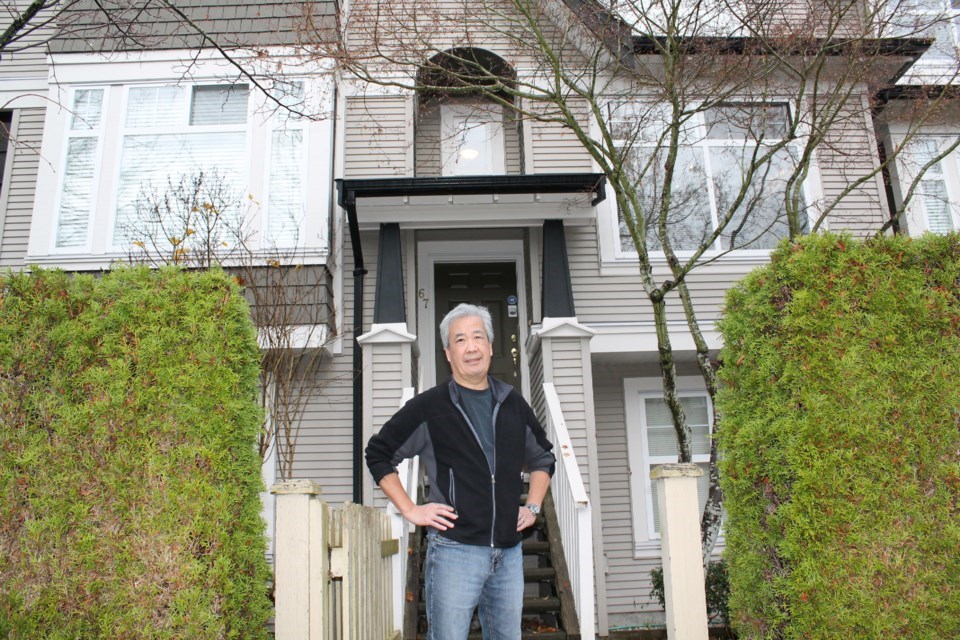A Richmond resident is now considering legal action after B.C.’s Ombudsperson office sided with the government in his fight over a $30,000 speculation and vacancy tax demand.
Tony Chan first got hit with a bill in 2019, something that he’s adamant he should not be paying or can ill afford.
And, after getting stonewalled by the province, he sought help from the Office of the Ombudsperson (OOTO).
The Richmond News reported last year how semi-retired Chan, 65, has lived in his Terra Nova home for the past two decades, but got hammered under the relatively new rules because his wife, whom he married in 2005, lives and works in the U.S., earning more than he does.
Chan angry over OOTO's decision
But Chan, who stated previously that he was “being fined for being married to an American,” is angry that the OOTO “focused on process rather than principle, which doesn’t help me at all.”
“This is all too surreal. In any event, formal legal action is the next recourse.
“To be assessed an annual hefty fine for a circumstance that predates the tax policy is as ridiculous as anything this government has ever implemented and is an affront to all British Columbians.”
Chan said that, while doing his research for his complaint to the OOTO, he has come across many people in a similar position, mainly elderly, who will be “devastated financially by this program to create 'affordable housing'. It's tragic.”
His Terra Nova home is his only property, which he bought in 2000 and where he raised both his children. The house is in his name, not his wife’s, and the two don’t have shared accounts.
Chan said previously that he hasn’t “moved anywhere,” his home has never been rented and has never been vacant for more than a few months a year when he visits his wife in the U.S.
Under the tax, Chan is defined as an untaxed worldwide earner – or a member of a satellite family – because most of the household income is earned outside of Canada.
The government told Chan that a non-refundable tax credit may be available to certain owners, including members of a satellite family, based on their reported B.C. income and whether they used the property for an “eligible use,” such as a principal residence.
He said he believes it should be easy to make an exemption for people like himself, pointing out there isn’t currently a mechanism in place to address these issues on an individual basis.
OOTO planning to close Chan's file
However, the OOTO contacted Chan this week to inform him that, unless, he provides further information, they will likely close the file.
He was told that the “The Minister appears to have considered the application of these provisions to people in situations similar to your own. The legislative provisions that are designed to address these situations are the tax credit regime…Those provisions appear to be designed to reduce, but not necessarily eliminate, the tax burden of some satellite families.
The OOTO continued that the legislation (tax) was “publicly debated at length in the house, before being passed in its current form. These provisions are the result of democratically enacted legislation and the societal and policy context is revealed by a review of the legislative debates.”
The OOTO went on to tell Chan that “Concerns about legislation are more appropriately raised with politicians or interest groups, who subsequently attempt to exert some influence on the political process. That is not the role of this Office.”



